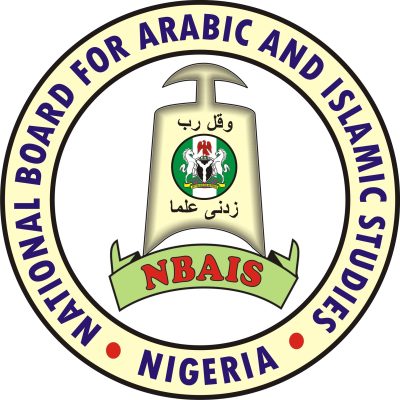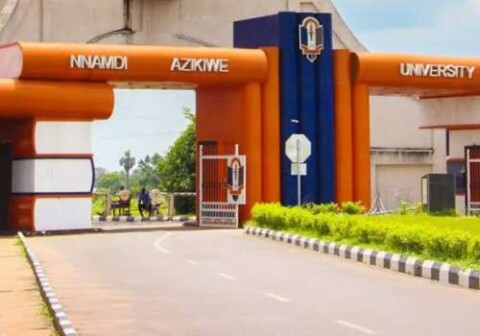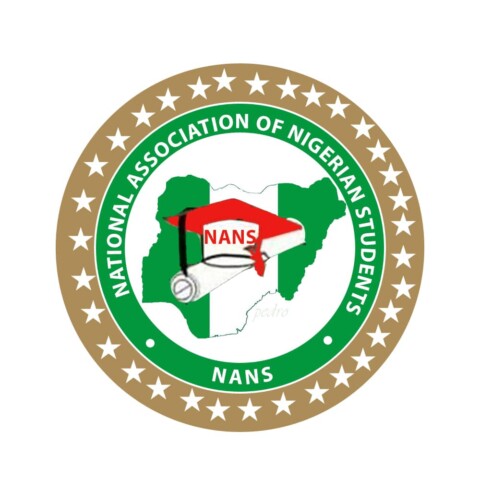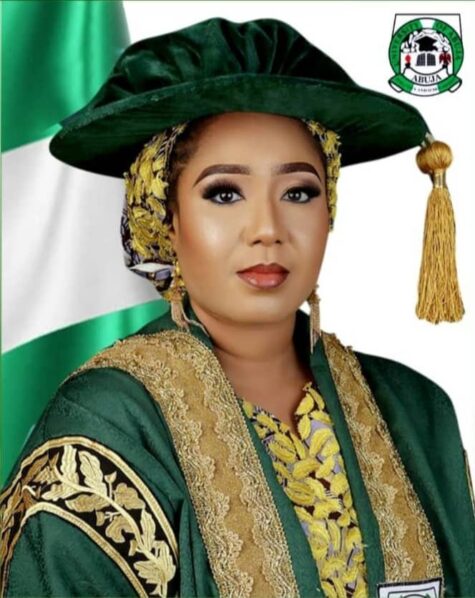A coalition of Christian scholars and professionals under the banner of the National Prayer Altar has petitioned the Federal Government, demanding an immediate reversal of a policy that equates certificates issued by the National Board for Arabic and Islamic Studies (NBAIS) with those from national examination bodies such as WAEC, NECO, and NBTE.
In a strongly worded petition dated May 14, 2025, and addressed to the Minister of Education, the Joint Admissions and Matriculation Board (JAMB), the National Universities Commission (NUC), and other relevant agencies, the group warned that the policy threatens the secular foundation of Nigeria’s educational framework. They argued that it undermines equity and coherence within the system and violates constitutional provisions on religious neutrality.
The signatories, numbering 122 and including professors, clerics, and educationists from within and outside Nigeria, said the decision to accept NBAIS certifications for general university admission effectively elevates a religious examination board to a national status without proper legislative or policy justification.
The NUC, in a February 2024 circular to Nigerian universities, had cited a directive from the Ministry of Education—originally stemming from a 2013 resolution of the National Council on Education—mandating the recognition of the Senior Arabic and Islamic Secondary School Certificate Examination (SAISSCE) as a valid O’level qualification. This policy had been extended to cover admissions into various tertiary institutions, including nursing programs, as noted in an April 2025 circular from the Nursing and Midwifery Council of Nigeria (NMCN). The council affirmed SAISSCE’s legitimacy alongside WAEC and NECO, provided the certification was issued by NBAIS.
However, the National Prayer Altar expressed strong reservations, stating that this recognition lacks a corresponding legal framework and fails to consider similar status for Christian, Traditional African, or indigenous education systems. They maintained that such selective recognition violates Section 10 of the 1999 Constitution, which bars the government from adopting any religion as state religion.
“This policy decision does not merely flirt with constitutional boundaries; it crosses them,” the group said in its petition. “It introduces a theological imbalance into what is constitutionally meant to be a secular, merit-based, and religiously neutral education system.”
The group warned that the policy sets a precedent that could compromise the neutrality of national institutions and potentially deepen religious divisions. It urged authorities to withdraw the directive and commence consultations on how to ensure equal representation for all faith-based and cultural education systems, if such recognitions are to be considered at all.
They concluded by calling for a comprehensive review of the NBAIS policy and a recommitment to Nigeria’s secular educational ethos.





